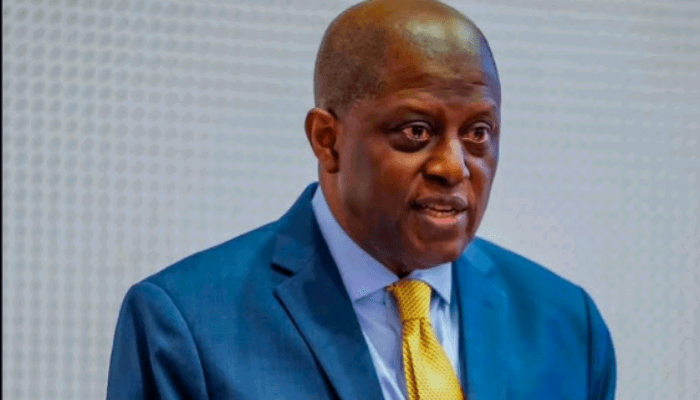Nigeria recorded its first balance of payments surplus in three years as reforms including boosting oil and gas production, removing fuel subsidies and free-floating the naira paid off.
Africa’s largest oil producer posted a surplus of $6.83 billion in 2024, compared with a $3.34 billion deficit a year earlier, the central bank said in a statement Wednesday.
The outcome demonstrates the effectiveness of Nigeria’s ongoing reform agenda, the central bank said. “The liberalization and unification of the foreign exchange market, a disciplined monetary policy approach to managing inflation and stabilizing the naira, and coordinated fiscal and monetary measures have all contributed,” it noted.
A $17.2 billion surplus on the capital and financial account, due to increased gas and non-oil exports and reduced imports, was a major driver of the positive outcome.
Petroleum imports declined by 23% as local crude processing capacity improved with the giant Dangote refinery and a second plant in Port Harcourt coming online.
Remittance inflows also contributed. They rose 8.9% to $20.9 billion and international money transfer operator inflows surged by 43.5% to $4.73 billion, reflecting stronger engagement from the diaspora, the central bank said.
Almost 20 million Nigerian citizens live abroad, Ministry of Industry, Trade and Investment data shows.
Although foreign direct investment fell by 42% to $1.08 billion, the overall financial account posted notable gains with external reserves increasing by $6 billion to $40.2 billion by Dec. 31, the bank said.
Portfolio investment inflows more than doubled, increasing to $13.35 billion, while resident foreign currency holdings grew by $5.41 billion.
“This surplus marks an important step forward for Nigeria’s economy, benefiting investors, businesses, and everyday Nigerians alike,” Governor Olayemi Cardoso said.

